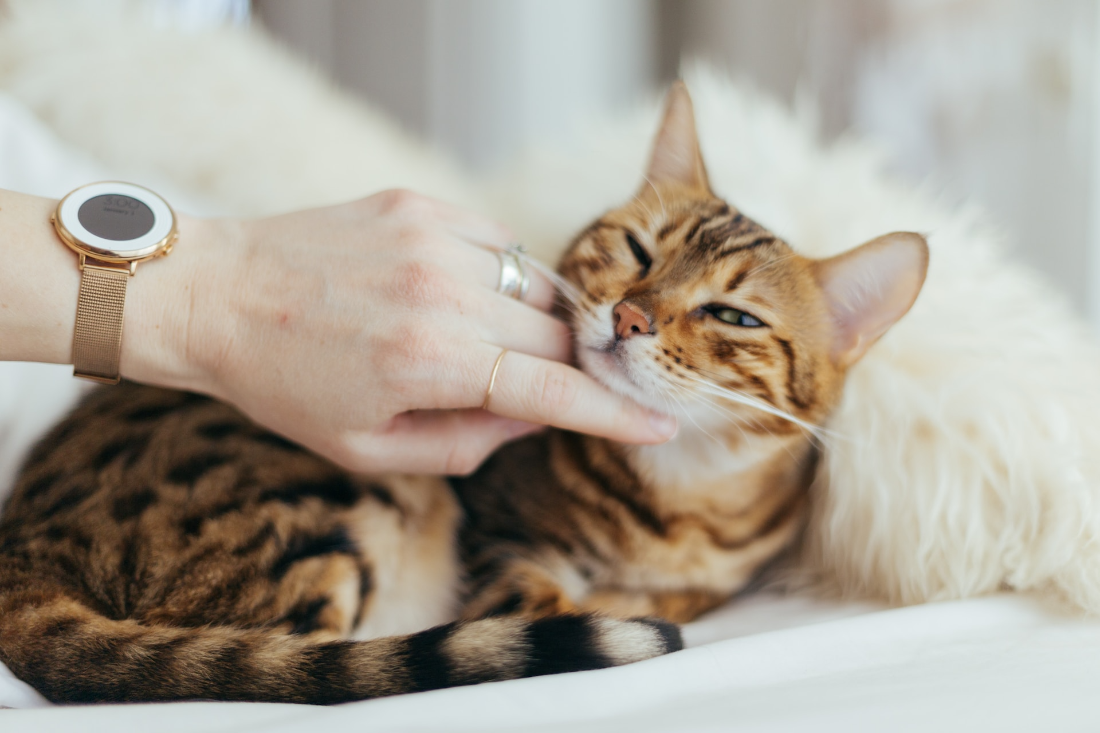A cat is one of the most resilient pets a person can have. After all, people don’t say, “cats have nine lives,” for nothing!
But as strong and durable as cats are, like all animals, they can get sick from time to time. The thing is, cats happen to be very adept at hiding their discomfort, so it can sometimes be difficult to tell the difference between a cat that simply wants some alone time and a cat that has developed a serious underlying medical condition unless you know what to look for.
As a result, part of being a good pet parent is paying a lot of close attention to your cat every time you’re with her. This will help you notice small changes in your cat that might be indicative of a potential health problem.
If you’ve ever wondered – what are the symptoms of a sick cat? – then this post will hopefully shed some light on the signs that you will want to keep an eye out for. Once you know what to look for, you will be able to take your cat to the vet as early as possible to get the treatment she needs to get back on the track to good health.
Common Signs and Symptoms of a Sick Cat
Cats will often mask their illnesses early on, but they can exhibit a wide variety of more visible signs and symptoms once their discomfort reaches a certain level. Some of the most common symptoms associated with a sick cat can include:
- Sudden and unexplainable change in mood or temperament
- Noticeable weight loss or gain
- Sudden change in eating, drinking, and bathroom habits
- More vocal than usual
- Neglecting to groom or excessive grooming
- Dry coat, hair loss, or skin irritation
- Dilated or constricted pupils
- Discharge from eyes or nose
- Going to the bathroom outside of the litter box
- Bad breath
- Lethargy
- Shortness of breath or rapid breathing
- Vomiting or diarrhea
- Limping or other sign of physical trauma
- Hiding
What Do These Signs Mean?
A sick cat can exhibit a few or several of these signs depending on what type of illness she might be suffering from. But certain symptoms, when displayed independently, can be more closely associated with certain health problems than others. Such as:
- Not using the litter box is often a sign that a cat might have a urinary tract infection, bladder stones, or even kidney disease.
- A sudden increase in appetite can be a sign of diabetes, hyperthyroidism, inflammatory bowel disease, or certain types of cancers.
- Lethargy combined with breathing issues can be signs of an upper respiratory infection.
Because these symptoms can be individually associated with so many different health conditions, it is important to take your cat to the veterinarian as soon as possible whenever you notice something might be wrong. This will enable your vet to get a more complete view of your cat’s symptoms, so she ca make the appropriate diagnosis and prescribe the correct course of treatment.

